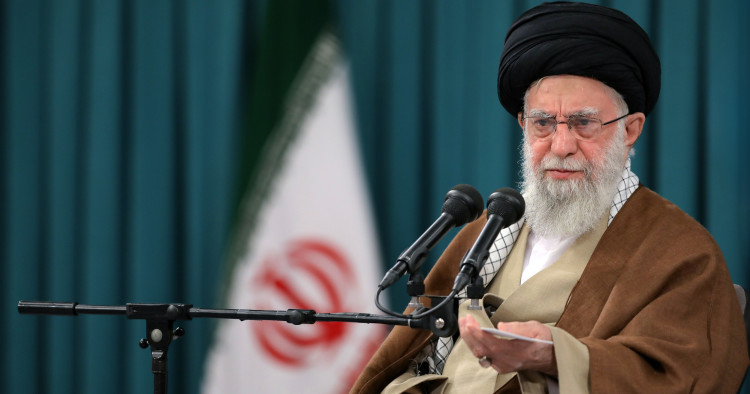After Iran’s second direct missile attack on Israel in less than six months, all eyes are on Israel’s next move. Reports suggest that Jerusalem plans a massive revenge that might include striking Iran’s oil and nuclear facilities and other strategic sites. Tehran has said that in that sort of development, it will retaliate in kind. If so, a soft landing out of this latest crisis might not be possible. In April, the last time Iran and Israel engaged in a high-risk round of tit-for-tat, both sides quickly opted to stand down, perhaps motivated by President Biden, who urged Israel to “take the win” and move on. It remains to be seen if de-escalation will be possible on this occasion.
But one thing is clear. The government of Prime Minister Benjamin Netanyahu is putting pressure on Tehran to choose between its ideological resistance to Israel’s right to exist and the core national interests of Iran, which are not linked to the Arab-Israeli conflict. But Israel does not expect Tehran to stand down. In his latest message to the Iranian people, Netanyahu vowed that Iran will be free from the Islamist regime “sooner than people think,” a statement that the Iranian leadership will interpret as Israel preparing to go for the regime’s jugular. In short, since October of last year, Tehran has wanted to stick its long game of squeezing Israel to exhaustion through a protracted war of attrition with Iran’s Arab proxies. Still, the Israelis are throwing a spanner in the works and hope to derail Tehran’s plans.
Continue reading in The National Interest
The Middle East Institute (MEI) is an independent, non-partisan, non-for-profit, educational organization. It does not engage in advocacy and its scholars’ opinions are their own. MEI welcomes financial donations, but retains sole editorial control over its work and its publications reflect only the authors’ views. For a listing of MEI donors, please click here.













